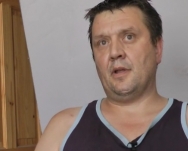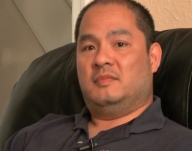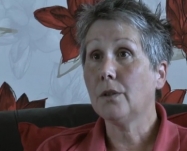
Nicola
For more than a year, Nicola had severe pain and restricted shoulder and arm movement. Before having decompression surgery, the GP prescribed painkillers, two steroid injections and physiotherapy but to no positive effect. Nicola felt they were dealing with her symptoms and not interested in finding out the cause of it. When she was referred to see a specialist, she felt she was being taking seriously for the first time. She is recovering from decompression surgery and feels confident that she will regain complete shoulder and arm mobility. She still experiences some pain, but doesn't feel anxious because she knows it is part of the healing process.
Nicola is a single mother and has four children ranging from 8 to 19 years of age. She works full-time as a customer service assistant. Ethnic background: mixed Black/White.






